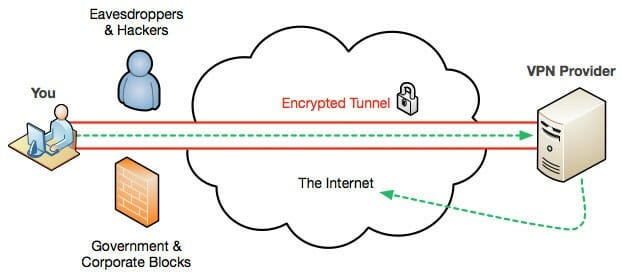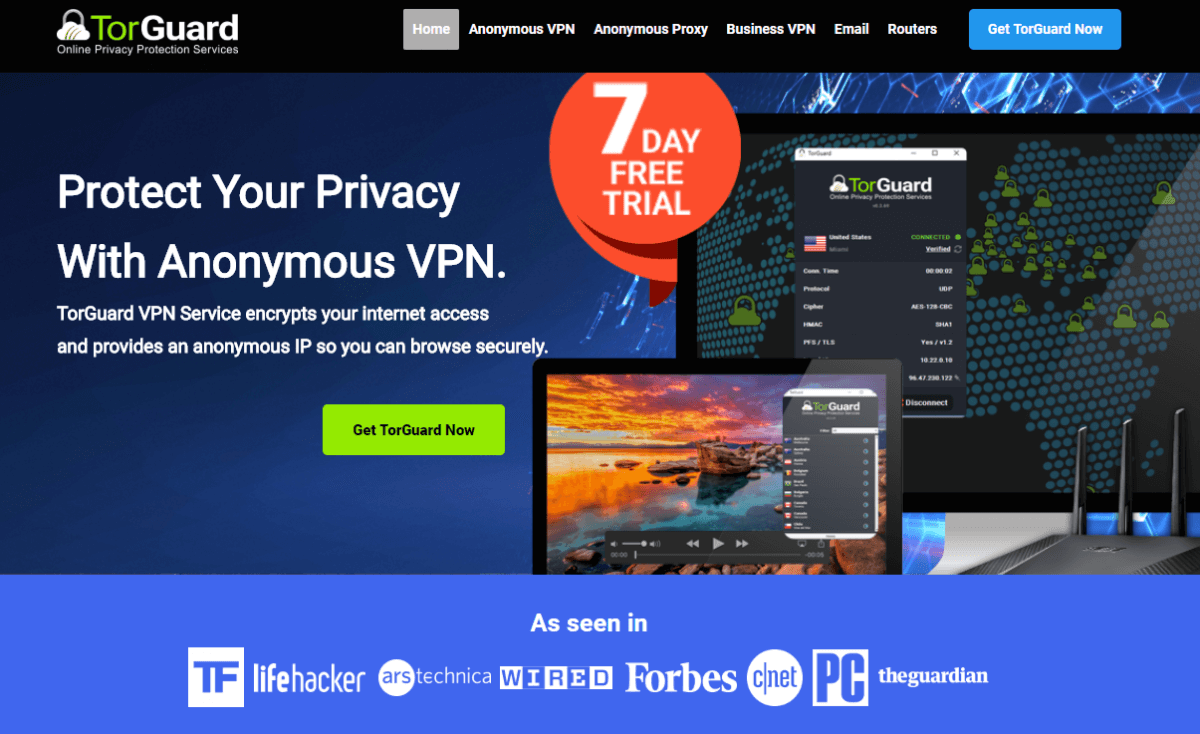As the world, most specifically the digital platform, has forced us to enhance our privacy and security levels given the high amount of threats and hazards of browsing the web, more and more people have understood that VPNs (Virtual Private Networks) are the way to go when it comes to protecting what we value.
However, while the technology per se has been a fantastic addition to our lives ever since its creation in 1996 by a Microsoft engineer, not every brand that provides encryption and VPN features can be considered trustworthy. Sadly, there are numerous scammers and impostors out there that pretend to offer a specific service, only to fail in their attempt. Even worse, sometimes there is no attempt to protect content at all.
VPNs can offer the ability to browse the web anonymously, a situation that works perfectly for privacy and security: people can hide their traffic and identity against data-logging Internet Service Providers, hackers, cybercriminals, surveillance agencies, copyright enforcers, or targeted advertising.
Those that hire a VPN are looking for an option with high speeds (as VPN technology slightly slows down the user’s connection,) protection against malware, DDoS attacks, and hackers; a broad selection of servers and countries, a good customer service, ease of use, multiprotocol availability (preferably OpenVPN,) and multiplatform compatibility.
However, transparency should be near the top of the list of priorities at the time of choosing your VPN service provider. Fast speeds, DNS leak protection, OpenVPN availability, and thousands of servers will be useless if the company that is supposed to protect your traffic and identity sells its service as highly private when it really isn’t.
For users that look for security and privacy in their online ventures, it is crucial that the chosen VPN brand is transparent in every sense of the word. If a brand keeps logs and details which ones they store, it isn’t so damaging as a company that claims to use a no-logging policy and doesn’t. People can be prepared for the first scenario and use additional tools or defensive mechanisms, such as antivirus or careful browsing, but if their VPN leaks and sells around information that it is supposedly safeguarding, problems could arise.
Security, encryption, and features: the VPN trifecta

While they are not precisely elements to measure transparency; in our current online picture, encryption and security features are closely related to an efficient, transparent service because they are tied to content protection.
And the goal of a transparent and secure VPN is to protect content fiercely. That is why encryption is vital. However, it won’t do a thing if your VPN brands keep details of you as a person or your activity on the web, handing the information to hackers, a surveillance agency, the government, or law enforcement organizations. Remember: VPNs make your browsing behavior invisible to Internet Service Provider, but the brand itself can see what you are doing.
The encryption is the way that VPNs implement to protect your content, relying on mathematical formulae. As a rule, 256-bit encryption is substantially better than the 128-bit kind, and the AES (Advanced Encryption Standard) is the algorithm used to perform the content encryption. A VPN brand that offers the AES 256-bit encryption is up-to-date with the newest and most effective standards.
Protocols are also important: OpenVPN is widely recognized as the best, while SSTP, IKEv2, and SSTP are also efficient. PPTP is considered obsolete and outdated, though.
Other features that boost people’s security levels are desirable when looking for a reliable VPN partner. Users prefer brands that can offer protection for DNS leaks, a kill switch, NAT firewall, split tunneling, double VPN, and other things that do make a difference.
| Pick a VPN! | VPN | Price for 1 month sub | Site Rating | Buy Now |
| Best VPN |  | $5 a month (code "best10VPN") | 9.9 |  |
| Good VPN |  | $9 a month | 8.9 |  |
| Decent VPN |  | $6.95 a month | 8.8 |  |
Privacy policy: a critical aspect
The key to a VPN’s transparency is its privacy policy. There, each brand explains whether or not it keeps and shares logs of user’s activities on the web. Most of the companies recognized as elite will tell you that they don’t mess with their client’s traffic, but not all of them fulfill that promise.
Some privacy policies are often ambiguous and confusing, so if you want to hire the most transparent VPN services for 2019 and beyond, make sure to read it all. Brands can tell you they don’t keep any logs, and a few paragraphs later, mention the fact they log email address, IP number, timestamps, and more “for billing purposes,” for example.
Why TorGuard is the most transparent VPN of 2019

First of all, if a VPN brand is based in a country that is a known member of the Five Eyes surveillance alliance and is not afraid of making it public, it speaks about its willingness to reassure that it won’t keep or share any logs of people’s activity, no matter the consequences. And so far, TorGuard hasn’t had any known case of a privacy breach or policy violation.
TorGuard is transparent about its logging policy: “TorGuard.net does not store or log any traffic or usage from its Virtual Private Network (VPN) or Proxy. It won’t sell your traffic and online behavior patterns to advertising companies or hand them over authorities upon a warrant.
The fact that TorGuard has its headquarters in the United States doesn’t do justice to the commitment to protect people’s content and identity from an external agent, including law enforcement agencies.
Additionally, TorGuard offers more than 3,000 servers across 55 nations, OpenVPN and other protocols, multiplatform compatibility, a kill switch, DNS leak protection, fast speeds, AES 256-bit encryption, and fantastic customer service.
How to install and set up TorGuard
- Go to its website
- Choose your preferred plan and payment method
- Register for the VPN service, providing your personal information
- Create a username and password
- Download and install the VPN client or app on your device
- Launch the VPN app
- Sign in to your account
- Connect to a server from the country you want
- Done!
In conclusion, reading the privacy policy and looking up experiences and reviews online are the clearest ways to assess the most transparent VPNs of 2019. And in both cases, TorGuard shows up as the most reliable alternative.
